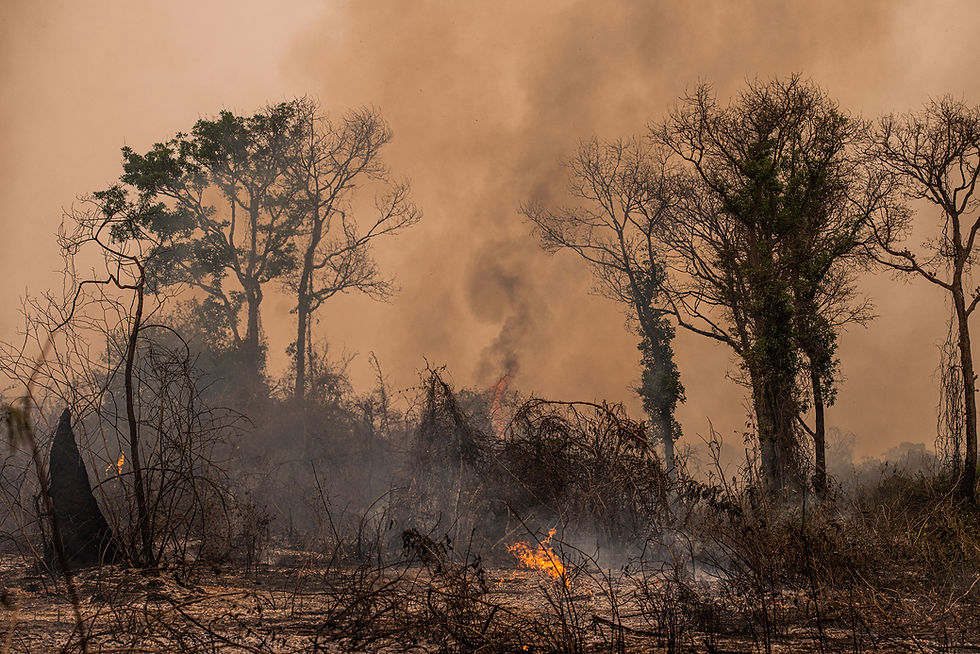Your Choice of Free Resources
- John Evans

- Jul 1, 2025
- 4 min read
Updated: Jul 13, 2025
We have developed five learning/teaching resources each with their own supporting webpage. (Webpages have been designed for computer, tablet and mobile use and each resource has a downloadable teacher's / facilitator's guide where that is helpful). We would be delighted if you would evaluate one or more of these resources.
Here is your choice:
“The Renewable Energy Icebreaker”

This short, ten question, icebreaker quiz can be used for team building and as a “scene setter” before other educational activities. Through the icebreaker participants learn about renewable energy, clean power, which nation's consumers and industries pay most for energy, global progress towards achieving access to electricity (from any source) and the contribution of green power to the UK's energy mix. It is designed for 16 to 18 year olds in schools, colleges, sixth forms and church youth groups. The icebreaker is ideally suited for use within Personal, Social & Health Education (PSHE), Science, the newly announced Natural History GCSE, Religious Education, Philosophy, suspended timetable days and tutorials.
The “Gatsby Benchmarks”, now used by more than 90% of schools and colleges to plan and evaluate their careers education and guidance, recognise that “with climate change anticipated to touch every career, green jobs are not niche” and “that sustainability and the environment are important concerns for many young people” so this icebreaker is topical, engaging and educational.
Operation Noah would appreciate your evaluation of “The Renewable Energy Icebreaker” which is here: : https://bit.ly/4cEp4Xq - using the short feedback questionnaire on this page.
“Choosing Your Bank”

This, up to 90 minute long, teaching/learning resource aims to educate participants about how banks use (our!) money; to stimulate classroom debate about key ethical considerations when choosing a bank and to compare different banks based on ethical criteria. It has been created to help older teenagers make informed decisions about where to open their first bank account. Designed for use with Key Stage 4 and 5 students in schools, sixth form and further education colleges, in various contexts, it can also be used in church youth groups.
“Choosing Your Bank” contributes to the “financial choices” and other related learning opportunities in the Key Stage 3 “Living in the Wider World” section of the “Programme of Study for PSHE Education Key Stages 1 - 5”.
Operation Noah would appreciate your evaluation of “Choosing Your Bank” - which is here: https://bit.ly/4jtG8RW - using the short feedback questionnaire on this page.
“Hope Into Action”

A challenging 90-minute education activity on Christian hope in the climate crisis, this activity will encourage critical thinking, theological reflection, and real-world application. The activity is designed for 14 to 19 year olds in schools, colleges and church youth groups.
It has potential for use in PSHE, science, the newly announced Natural History GCSE, Religious Education, Philosophy, suspended timetable days and tutorials.
Operation Noah would appreciate your evaluation of “Hope Into Action” - which is here: https://bit.ly/3XYtVfP - using the short feedback questionnaire on this page.
“Christian Stewardship”

This 90-minute educational activity aims to develop understanding of our responsibility to care for creation; to explore the impact of climate change and how faith calls us to act. There is an included challenge to encourage application of what’s been learnt.
“Christian Stewardship” has been designed for use in PSHE, Science, the newly announced Natural History GCSE, Religious Education, Philosophy and suspended timetable days. It’s highly relevant to young people given that, according to 2022 figures from BUPA - now likely to have increased - two in three eighteen to 22 year olds (68%) were anxious about environmental issues and a similar number (63%) felt the burden of climate change on their shoulders.
Operation Noah would appreciate your evaluation of “Christian Stewardship” - which is here: http://bit.ly/3ZYjD0l - using the short feedback questionnaire on this page.
“Climate Overshoot & Feedback Loops”

In climate change science, a feedback loop is something that speeds up or slows down a warming trend. A positive feedback loop accelerates a temperature rise, so might be seen as having negative impacts, whereas a negative feedback loop slows it down and so might be seen positively.
In 2023, an international collaboration led by Oregon State University scientists identified 27 global warming accelerators known as 'amplifying feedback loops'. Feedback loops now have such a well recognised impact on climate change that they feature in, for example, AQA’s and other examining boards A Level Geography courses.
Climate change is also a significant and popular option in the OCR Level 3 GCE Geography A Level. OCR’s Level 3 Certificate in Sustainability, available to be taught from September 2025, has been designed, in response to student demand, to be taken by post-16 students alongside A Levels and alternative academic qualifications (AAQs) and will provide similar practical benefits to an Extended Project Qualification.
In these contexts, Operation Noah are delighted to publish this stretching learning activity for 15 to 19 year olds (and older learners). It highlights the connection of feedback loops to Judaeo-Christian teaching and relates the collapse of the environment to human spiritual and moral failure.
Operation Noah would appreciate your evaluation of “Climate Overshoot & Feedback Loops”- which is here: https://bit.ly/4i9RVUn - using the short feedback questionnaire on this page.
Thank you!
Operation Noah is a registered Christian charity (number 1138101) working with the Church to inspire action on the climate crisis. We are faith-motivated and believe that the climate and nature crises raise questions that go to the heart of our Christian faith. Science-informed, Operation Noah believe that faith and science should complement each other, and we see no conflict between the two. We are hope-inspired and our Christian hope gives us confidence to take action on the climate and nature crises, even if success is not always guaranteed or even likely. One of the UK’s first faith-based climate charities, Operation Noah was established in 2004 as a Christian response to the climate crisis.

